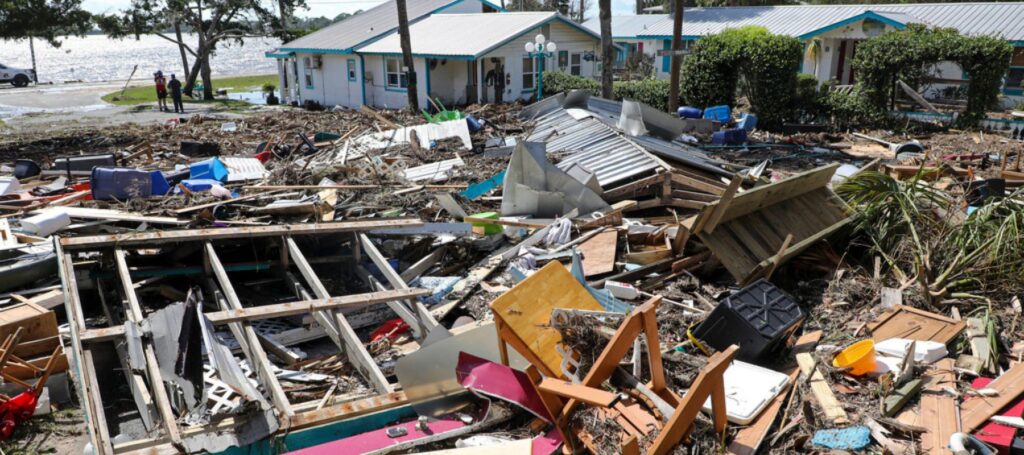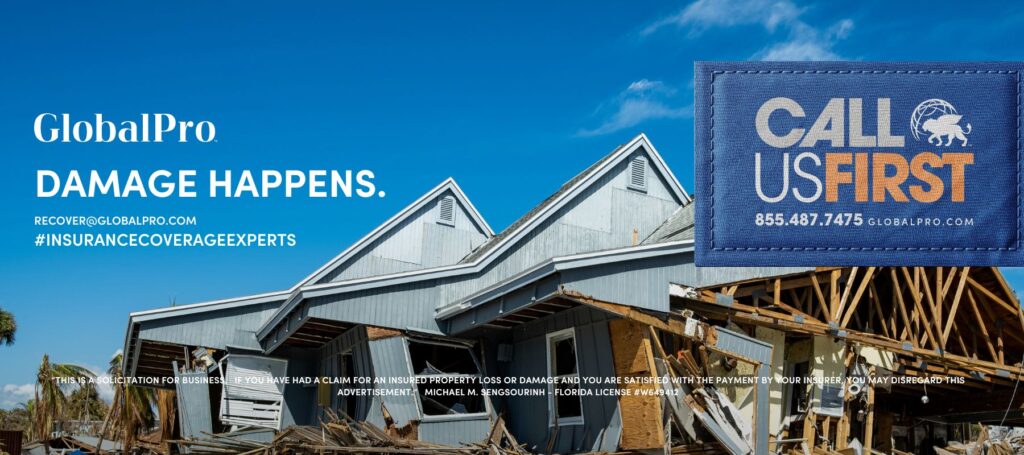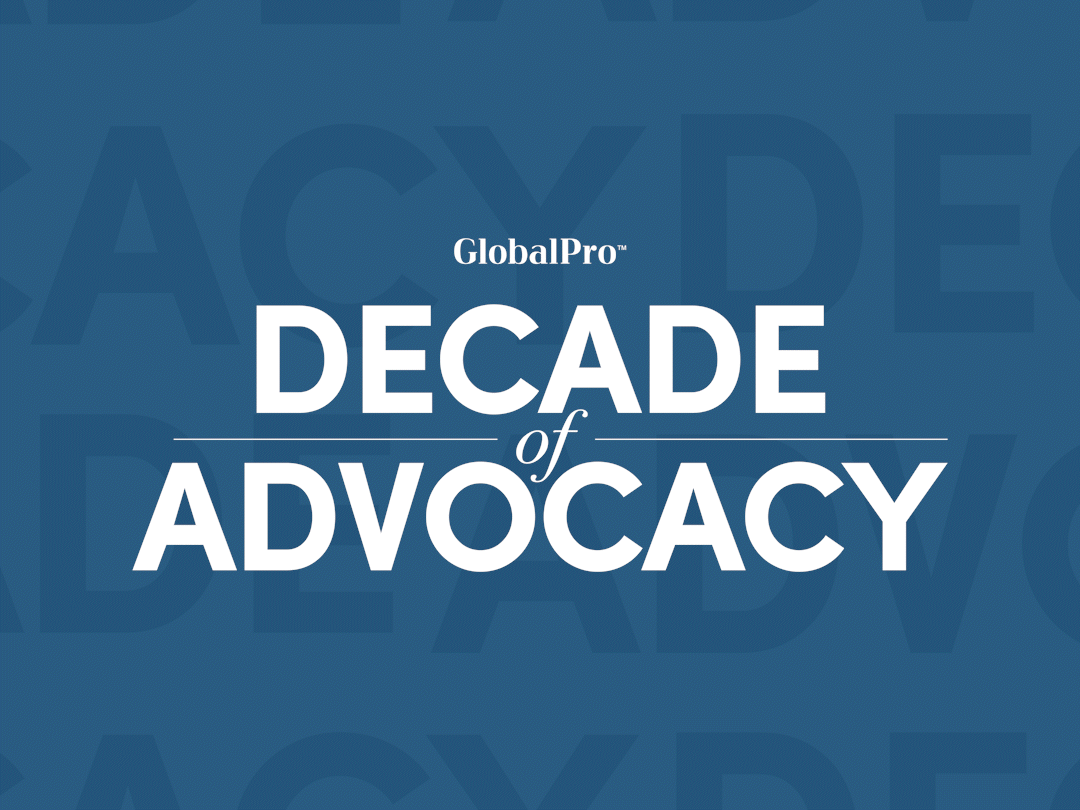Understanding Hurricane Idalia: Insurance Coverage Insights for Policyholders.

Hurricane Idalia recently made landfall in the lightly populated Big Bend region of Florida, causing significant damage along its path. The GlobalPro Team hopes that everyone weathered the storm, and is safe and sound.
Idalia arrived as a formidable Category 3 hurricane with sustained winds of up to 125 mph (205 kph), leaving a trail of destruction when it hit near Keaton Beach at 7:45 a.m. Even an hour later, it maintained Category 2 hurricane status with top winds of 110 mph (175 mph).
For condo associations and Homeowners in the affected areas, understanding insurance coverage is vital.
Key points to consider:
For condo associations and Homeowners in the affected areas, understanding insurance coverage is vital.
- Master Insurance Policy: Condo associations typically have a master insurance policy that covers common areas and the building structure. Review this policy to understand what it covers and what it excludes. It’s essential to know the deductible and the coverage limits.
- Unit Owner Insurance: Encourage unit owners to have their own insurance policies (HO-6 policies). These policies cover personal belongings and interior fixtures, as well as provide liability coverage. Remind unit owners of the importance of maintaining their individual coverage.
- Wind and Flood Insurance: Ensure that the master policy includes coverage for wind damage, which is crucial during hurricane season. Standard policies often don’t cover flood damage, so consider obtaining a separate flood insurance policy through the NFIP or a private insurer if your condo association is in a flood-prone area.
- Document Damage: Remember the Three D’s of Damage! (see below) If your property has suffered damage, document it meticulously. Take photos and videos of the damage before initiating any repairs. This documentation will be essential when filing a claim.
- File Promptly, BUT, don’t rush: Insurance companies often require policyholders to file claims promptly. All policies provide specific notice requirements, and post-loss duties, that Insureds need to comply with. Promptly doesn’t me immediately, however. Document first, then provide a concise description of the loss and damage. Be prepared to provide all necessary information, including the date and time of the damage, a concise description, and your contact information. Remember, the intent is to prove your damages.
- Temporary Living Expenses: If your home is uninhabitable due to the hurricane’s damage, your policy may provide coverage for temporary living expenses. Keep all receipts and records related to these expenses, as they can be reimbursed under your policy.
- Flood Insurance: Standard homeowners’ insurance policies typically do not cover flood damage. If your property is in a flood-prone area, you should have a separate flood insurance policy through the National Flood Insurance Program (NFIP) or a private insurer.
- Stay Informed: Keep yourself updated on any announcements or guidelines from local authorities. They often provide crucial information on the claims process and available assistance.
Hurricane Idalia has left a significant impact on the Big Bend region of Florida, and condo associations in affected areas must be well-prepared regarding their insurance coverage. Understanding the master policy, promoting unit owner insurance, and documenting damage are essential steps. By following these guidelines, condo associations can navigate the post-hurricane period more effectively and ensure the protection of their valuable assets.
Call the GlobalPro Insurance Coverage Experts for personalized assistance during this challenging time. Stay safe and safeguard your condominium community and its residents.



